Al-Zakat is where Economics and Islamic Teachings converge.
In the first article of this series, I talked briefly about each of the Pillars of Islam. These are the Shahada (The Testimony,) Salat (The Daily Prayers,) Zakat (Almsgiving,) Fasting in Ramadan, and Hajj (The Pilgrimage.)
I promised I'll talk about each of them in a more detailed way. In the previous two articles, I talked about the first Pillar: Al-Shahada. and the second pillar: Al-Salat Today, I'll talk about the third one: Al-Zakat.
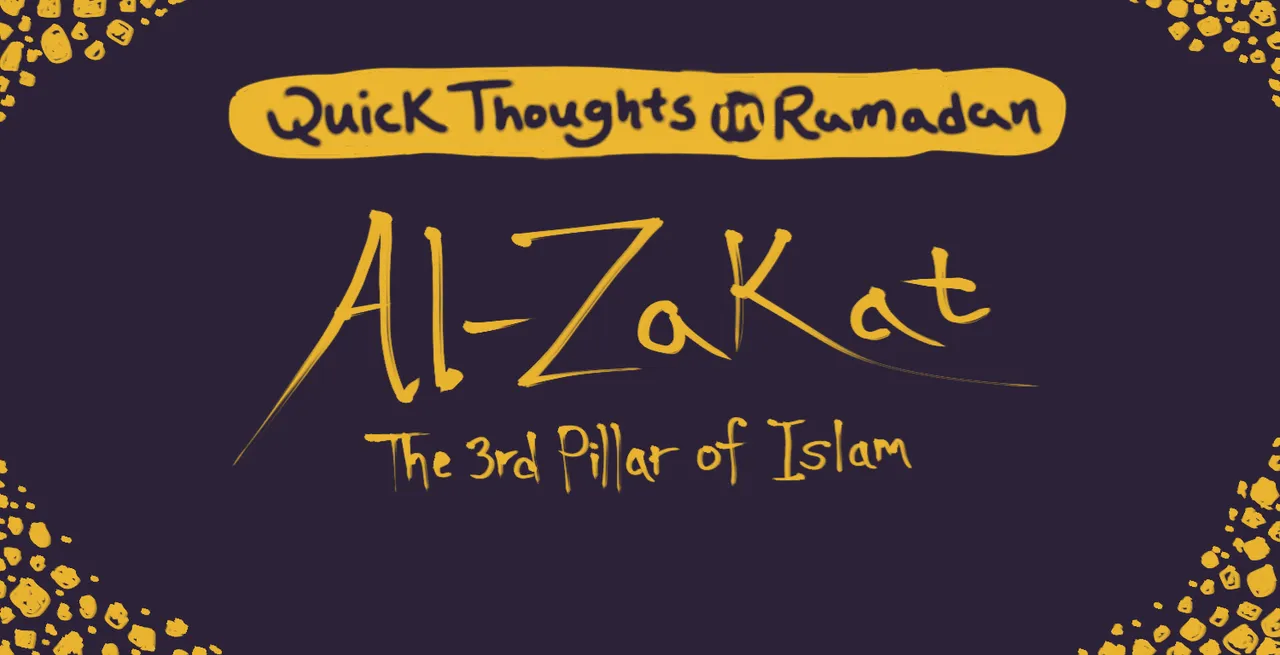

Al Zakat
(الزكاة - The Almsgiving)
Zakat is the act of giving an obligatory share of your money to the poor and the needy. Al-Zakat ensures that society stays economically stable, and that money doesn't get stuck circulating among the rich people in society.
The word "زكاة" literally means "Purification," because the main purpose of this money given to purify your wealth and your heart from Evil by giving it to the people Allah told us to in the Qur'an.
The money determined by Zakat should be given to people of predetermined categories:
- The poor: Those who have insufficient means to meet their basic needs such as food, clothing, and shelter.
- The needy: Those who are not able to support themselves and have no means of livelihood.
- The Zakat collectors: Those who are employed to collect Zakat.
- Those whose hearts are to be reconciled: These are people who are not Muslims, but who are inclined towards Islam or have shown some interest in it.
- The slaves: Those who are in bondage and need help to purchase their freedom.
- The debtors: Those who are in debt and are unable to repay it.
- The wayfarer: Those who are stranded or traveling and do not have enough means to complete their journey.
While the Zakat you should pay is generally 2.5% of your total wealth, there are many rules and types of Al-Zakat. In this article, I'll mainly talk about two of them:

Zakat of Wealth
As a Muslim, this is the Zakat you'll have to pay if your unmoving wealth (savings or your base investment) surpasses a certain threshold called Nisab. You're supposed to give 2.5% of your wealth after a lunar year from the day you counted your Nisab.
Many Muslims start counting their yearly Zakat in Ramadan because the rewards of good deeds are multiplied in the month of Ramadan.
It should be given (publically or secretly) to a person or a group that falls into one of the categories mentioned in the Qur'an.
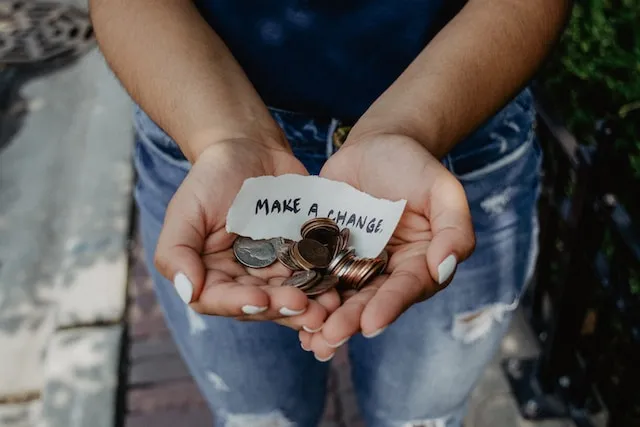
The Nisab is the equivalent of 85 Grams of Gold in your value of assets. Only savings, investments, and business assets count toward this threshold, but the money you use for everyday life doesn't count.
To explain what I mean: If a woman wears her Golden earrings occasionally, it won't count toward the Nisab, but if she left it in a closet not intending to wear it for a whole year it would count.
Once wealth reaches that threshold, for you to be required to pay Al-Zakat you must stay above that threshold for a whole Lunar year, after that, you have to calculate the Zakat and pay it, which is 2.5% of all of the value of your assets.
Fun Fact: I never reached the Nisab in my whole life. At least since I started making my own money, I know my parents paid Al-Zakat when we were in a better financial situation. Considering the threshold, it's not easy for middle-class families in my country to reach.
Despite being a low percentage of 2.5%, if you're a Millionaire Muslim, many people who aren't as financially fortunate will benefit from your Zakat payments.
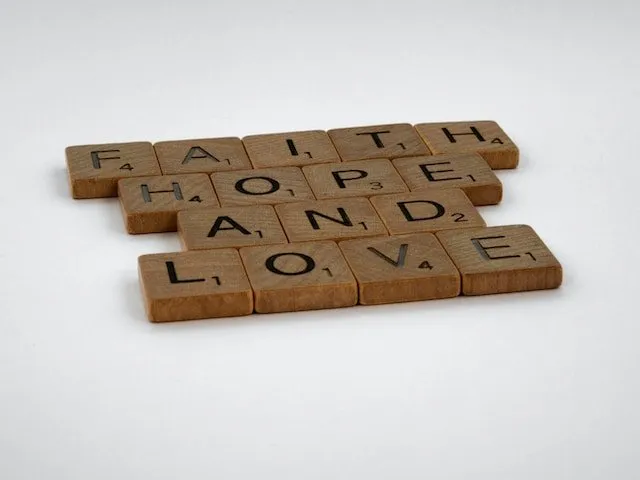

Zakat Al Fitr
Is a special type of Zakat given at the end of Ramadan. It's a form of purification after Fasting for a whole month and a celebration for Eid (the Islamic Festival.)
What's unique about Zakat Al-Fitr if you have the means to give it, you have to do so, even if you're poor enough to receive it yourself. It's given as a fixed amount of food from the popular provisions in the country, (though some scholars allowed cash to be given instead.)
One of the wisdom behind it is to ensure no Muslim spends the day of Eid hungry while their neighbors are celebrating.

A Healthy Economy
Zakat is an important part of a healthy Islamic society. Charity and Donations are always encouraged in Islam, but Zakat is obligatory. It lets Muslims purify themselves from Greed at all times.
There will always be poor and rich people, and in Islamic society, money is always moving no matter which social and economical standing you have.
Up Next: Al-Sawm (Fasting)
Next time, we'll discuss the fourth pillar of Islam. Al-Sawm or fasting is what the Islamic World is doing right now during Ramadan. It's a nice feeling knowing you're doing the same thing every day as other Muslims all over the world.
I have a lot of personal experiences with Fasting as well. I hope you're looking forward to it. (إن شاء الله) For now, I'll leave you with wishes of blessing. Thanks for reading.

Posts in This Series:
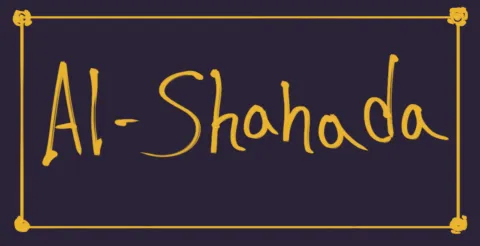 | 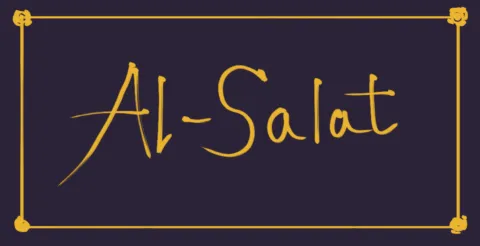 |  |
|---|---|---|
 | 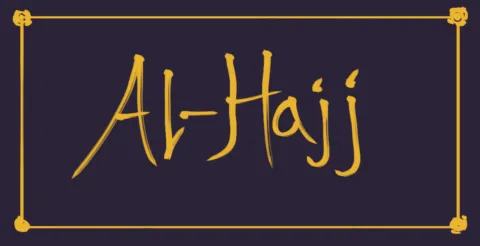 | 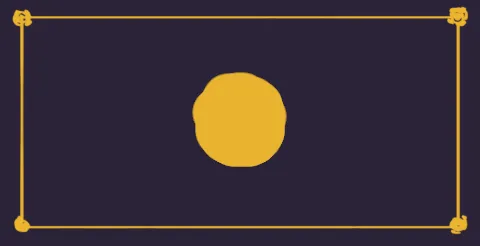 |

[ * ] The featured image is created using ibisPaint. The second & third images are from Unsplash.